detail profile ting ying
Peran Yang Di Mainkan Ting Ying
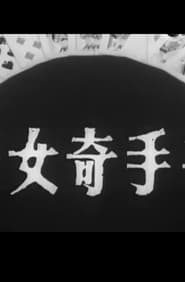 Mona Lam who works for a...
Mona Lam who works for a...Double Exposure 1966
Mona Lam, who works for a swindling syndicate under duress, scours a nightclub for her new prey and finds the rich heir Cheng Siu-chuen. Struggling to find true bliss, the lovers gain the blessing of Lam's second uncle. On the eve of Cheng's father's birthday banquet, Lam is pressured to strike again under the watchful eye of Lucy sent by the man who's pulling the strings on the marionette behind the scenes who has threatened to kill Cheng. The quick-witted woman aborts the operation, claiming to have spotted her previous victims from amongst the guests. Her confession gains Cheng's understanding, but not his father's. The ringleader brings the liaison to an end by blackmailing the father and putting Lam under house arrest. Helping the girl flee, Second Uncle is killed in the commotion. The police act on the father's tip-off and bust the gang, clearing the way for the lovers to tie the knot.
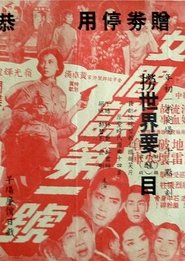 Guerrilla fighter Lam Suetfan is in...
Guerrilla fighter Lam Suetfan is in...Lady Spy No. 1 1965
Guerrilla fighter Lam Suet-fan is in charge of the operation which succeeds in crippling the traitorous activities of Ting Chuen. An infuriated Ting strikes back, swamping the occupied territory with spies and exposes the singer disguise of Lam's comrade Laura who is made his mistress. Through the discreet help from Ting's cousin Sai-kit who goes undercover as the traitor's house guest, a series of offensives are launched, resulting in heavy casualties in the Japanese camp. With pressure mounting on both sides, guerrilla leader Lady Spy No.1 entrusts the mission of bombing Ting's signal tower to Lam who will then lead the troop in retreat. The mission fails, leading to the arrest of Lam and Sai-kit. Laura puts her life at stake in order to accomplish the mission and before she expires, reveals herself to be their leader and names Lam her successor to lead the troop to its stronghold in the north. (Synopsis based on audiovisual materials)
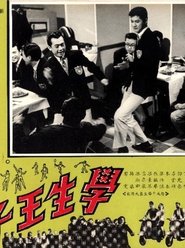 Tang Wantung the son of a...
Tang Wantung the son of a...The Student Prince 1964
Tang Wan-tung, the son of a Southeast Asian Sultan is a student in Hong Kong. Only Uncle Mui, his guardian, knows his identity. Tang is known as "student prince". He organises an embassy variety show. Tang invites Lai Tsi-king, who has a lovely voice, to perform in it, but it ruins her chance to study music abroad. Lai’s parents want her to marry Tung Fook-si, the son of a merchant. Lai asks Tang to act for her parents, like a prince courting her. Her parents are convinced, but Tung is not fooled. Tang smuggles Lai out to perform in the embassy. Lai's performance earns her a chance to study overseas, but her parents will not support her. Tang borrows money from his father, but is refused. He pawns his father’s ring to help Lai pay the tuition. Tung takes his father's ring and sells it. Tung's father alerts the police. The rings turn out to be a pair. The police think Tang stole the diamond ring, but Mui tells the truth. Tung is arrested and Tang and Lai have a happy ending.
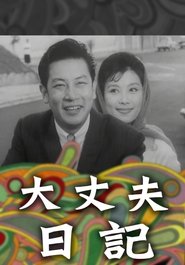 The Diary of a Husband serves...
The Diary of a Husband serves...The Diary of a Husband 1964
The Diary of a Husband serves as an illustration for the arrival of the white-collar economy, in which the extended family is replaced by the smaller nuclear family. It is a story about four pals who work at the same office, which, like other white-collar workplaces, has become the men's primary site of life, where livings are made and friendships fostered. Meanwhile, their wives have fostered something of their own—a brigade to catch cheating husbands. Much comedy is then generated by the cat-and-mouse game between the men and the women...The battle line drawn here between the sexes remains for years, to the extent that this very same story has been retold many times in Hong Kong films, including Men Suddenly in Black, the 2003 Pang Ho-cheung film with a similar Chinese title.
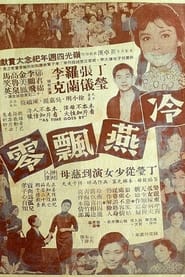 Yuk Yins father dies and her...
Yuk Yins father dies and her...As Time Goes By 1964
Yuk Yin's father dies and her mother remarries to settle the debts. Yuk Yin lives with Auntie Wong. From then on, Chi Hung, Auntie Wong's son and Yuk Yin live and play together. But the Wongs move away. Yuk Yin stays with her mother. Her stepfather is mercenary. When Yuk Yin grows up, he pushes her to get married to get money. Considering her daughter's future, Yuk Yin's mother sends her away. Yuk Yin works in a restaurant. When she learns that her mother is ill, she marries a dying rich young man to get money for her mother's treatment. After her mother's death, Yuk Yin gets married immediately, but her husband dies on the wedding night. Her mother-in-law sees this as unauspicious and expels Yuk Yin. Later, Yuk Yin chances upon Chi Hung. They are still in love. They married and have a son Kwok Wah. But Chi Hung dies. Yuk Yin works as a dance girl to support their living. Kwok Wah grows up and cannot accept his mother's job. But soon he understands that she is respectable.
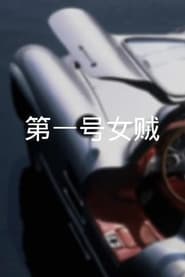 The woman thief Pak Siuyin was...
The woman thief Pak Siuyin was...The Notorious Woman Thief 1963
The woman thief Pak Siu-yin was discharged from prison and Inspector Chan has set a trap for Bak to lure the head of the gangster Yim Fong, who used to threaten Pak to commit crime for his gang.
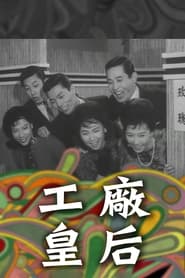 Hong Kong was quickly becoming industrialised...
Hong Kong was quickly becoming industrialised...Three Love Affairs 1963
Hong Kong was quickly becoming industrialised in the 1960s. The market was hungry for female labourers with a grasp of crafting skills. In addition to being wives and mothers, many women entered the labour market at that time. This ‘streamlined comedy' (as it was advertised) is called Three Love Affairs, but the main action is centred on the lovers played by Ting Ying and Cheung Yee. In order to make themselves more appealing, the factory girl pretends to be the daughter of a successful businessman, while the chauffeur pretends to be from a wealthy family. Their relationship is fraught with worry and anxiety, because they are confused about their own identities, and have not yet come to terms with themselves and their lives. With the support of the Manufacturers' Association, the film was shot on location at an actual factory, evidencing a prosperous period in Hong Kong's industrial history.
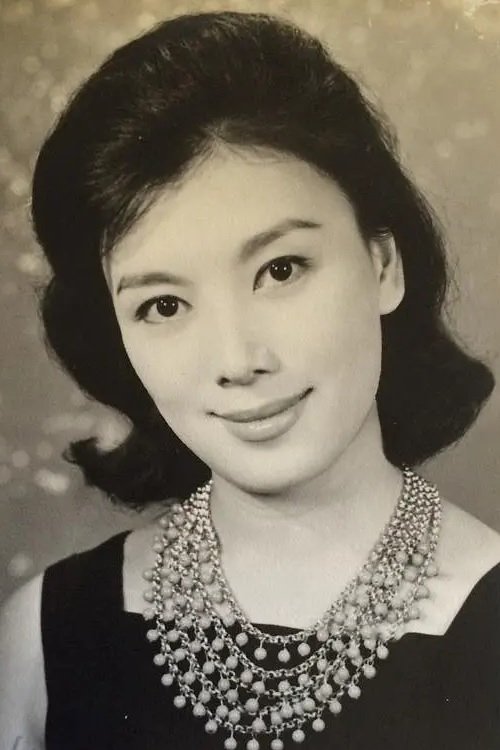
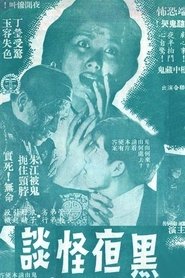 Horror movie from Lan Kwong Film...
Horror movie from Lan Kwong Film...